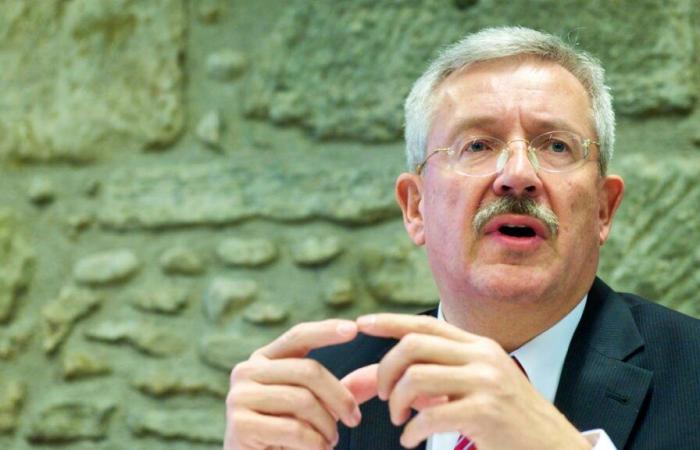Martin Dahinden knows the inner workings of the White House well. The 69-year-old from Zurich worked as Switzerland’s ambassador to the United States between 2014 and 2019, when Barack Obama then Donald Trump were in power. In an interview with “NZZ”, the former diplomat spoke about the billionaire’s return to power. Without taking a position, he said he was delighted that “the election did not involve lengthy legal procedures”.
According to Dahinden, it was by focusing on simple questions about migration and the economy that Donald Trump won. “These subjects are of great concern to the Americans,” explains the diplomat. The Republican produced easy answers in order to rally his supporters behind him. “America First” is a slogan that addresses the isolationism desired by many voters, he notes.
While some states fear that Trump’s return to power, particularly with “Project 2025”, will affect the country’s democratic processes, Martin Dahinden adds nuance: “American institutions are extremely resilient,” he assures the Zurich daily.
The former ambassador admits, however, that Trump can be disconcerting. “As he himself explains in his book The Art of the Deal, he uses unpredictability as a negotiating tactic.” A totally different approach from that of Barack Obama, whose administration planned everything strategically, with a long-term vision. “With Trump, the principle was often to immediately take advantage of opportunities that presented themselves.”
For Switzerland, currently represented in Washington by Ralf Heckner, this unpredictability presented a complicated collaboration at the time of the billionaire’s first mandate. His communication via Twitter was often difficult to understand. “The work as ambassador had become more arduous. We were like, what’s going on again? I was trying to interpret these short messages, which seemed to have been typed by Trump himself on his smartphone,” recalls Martin Dahinden.
In terms of direct communication, the Republican was much more factual. “Often, his declarations are a political show,” underlines the diplomat. But he was very different during meetings at the White House or at the WEF: he was focused, professional, asked questions and knew his files.
In these meetings, Trump generally acted like a businessman. He was pragmatic and always looked for what was advantageous for the United States. In this context, he did not make sweeping statements. And Martin Dahinden added that, for Switzerland, it was important to underline its major role as an investor and job creator.






